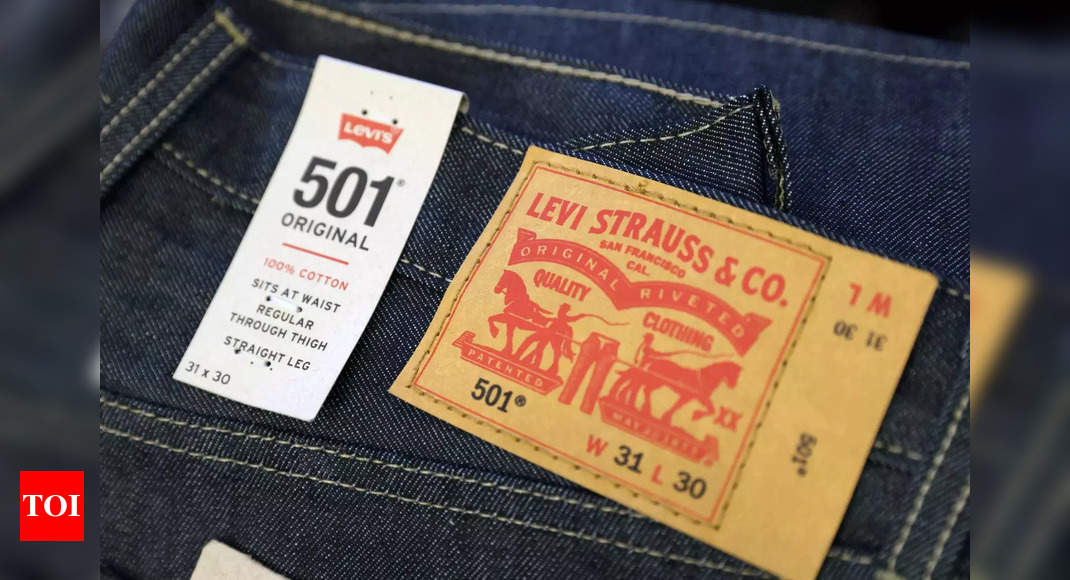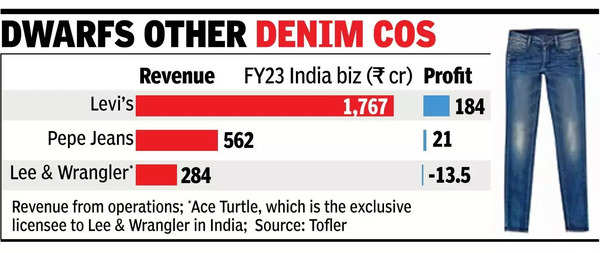
Looking at the opportunity that the 170-year-old company’s largest market in Asia offers, Gass, who moved into the corner office last year, has flown down most of the company’s leadership team – including chief financial and growth officer Harmit Singh, an alumnus of Delhi’s Shri Ram College of Commerce – to take a look at its fastest growing market.
India, which houses a large cohort of young shoppers constantly seeking fresh styles, traits that make it any fashion brand’s mecca, will have a “disproportionate” share (higher than other markets) contribution to the company’s growth, Gass told TOI on her first visit to the country as CEO.

“We are executing the playbook in India extremely well. We have separated ourselves from the competition. So, I am like how fast can we grow because the more we scale, the more separation we are going to create. India is critical for us to achieve our objectives. The consumer in this market is like the epitome of our target consumer, not only demographically, but psychographically,” Gass said in an interview.
Levi’s under Gass is rejigging its growth strategy from having more men shopping for its iconic pair of jeans and khakis to striking a better gender balance. While leading the denim play, especially in the bottoms space, remains the thrust, it also wants to offer its customers “a lot more”. The brand is widening its assortment of tops. “The idea is for a shopper to find the right pair of clothing to go with their denim bottoms,” said Gass.
India, where shoppers are already buying more than one top to every one bottom against three bottoms to one top in other markets, opens up a wider scope for the brand to nudge shoppers to buy beyond its jeans.
Besides, there is also an opportunity to drive adoption of denim dressing as the penetration of denim skirts and denim dresses is quite low in the country. These two pieces sum up the brand’s broader global strategy of what it calls “owning the denim lifestyle”, a bet that is expected to drive growth for the next decade.
“…owning the denim lifestyle… that’s probably the biggest area we sharpened our focus on. It isn’t just growing the tops business but doing it through the denim lifestyle, owning head to toe, even denim dressing,” Gass said.
In India, getting more assortment for women beyond jeans, increasing the merchandising space for them is paying off. “In India, 20% of our business used to be from the women segment; now it’s 30%,” said chief financial and growth officer Harmit Singh, adding that Indian consumers are a lot more confident than their Western counterparts and are spending more.
Levi’s faces stiff competition from global brands such as Zara and H&M in the non-denim space.









